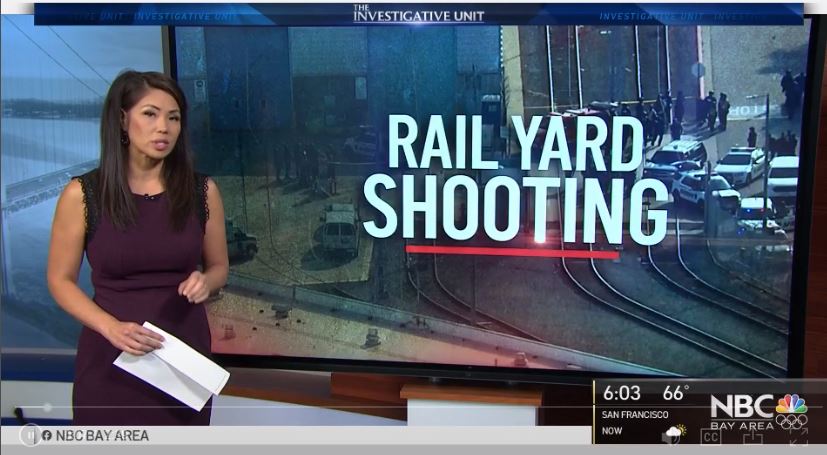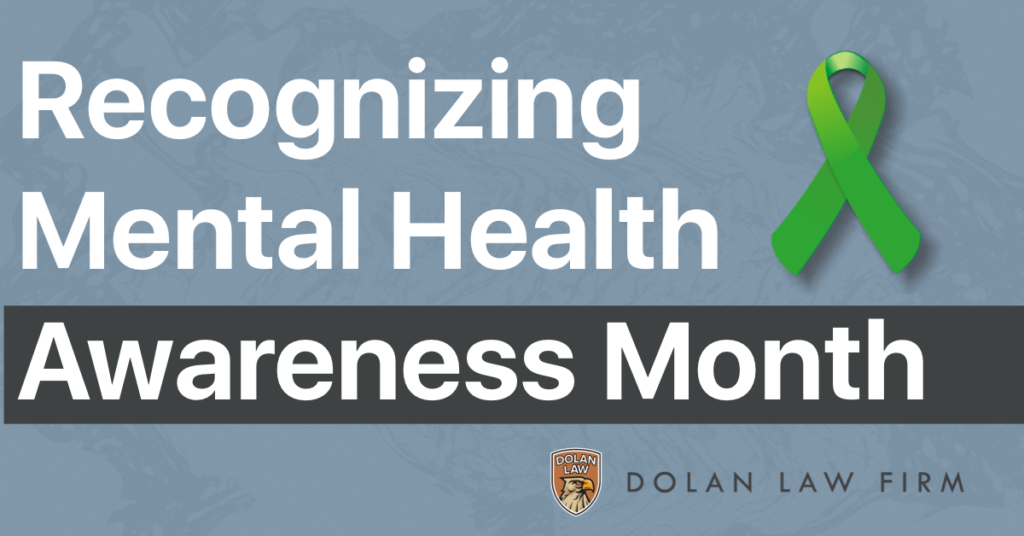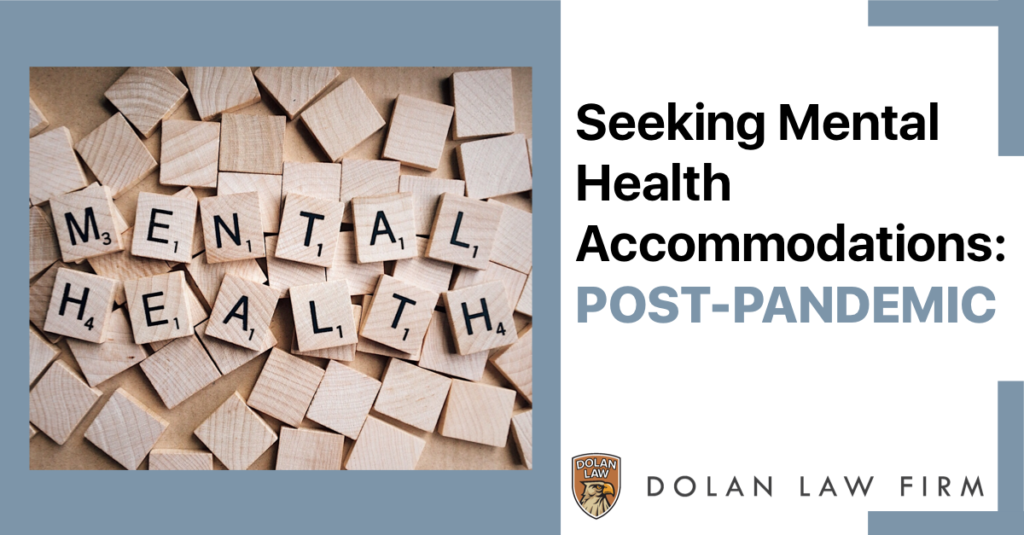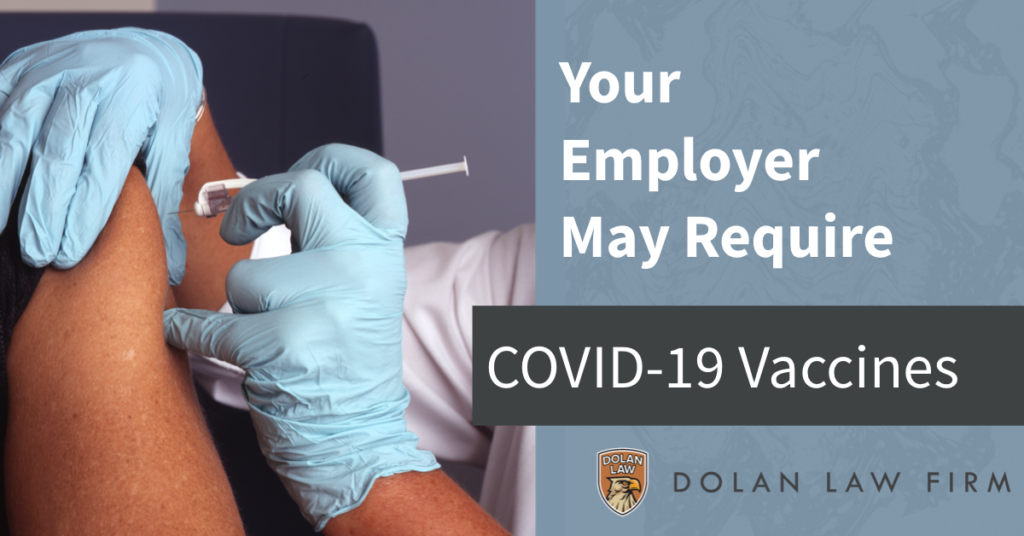Investigators Looking if Warning Signs Were Missed in VTA Yard Shooting Case
Chris Dolan was called to act as a legal employment expert today on NBC news regarding the horrible workplace shooting at the VTA yard shooting that took place at San Jose Valley Transportation rail yard where a gunman opened fire and killed long time employees. When questioned about workplace safety, Mr. Dolan said …
Investigators Looking if Warning Signs Were Missed in VTA Yard Shooting Case Read More »






